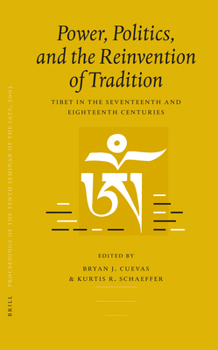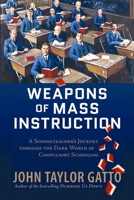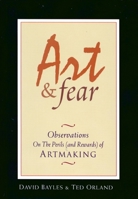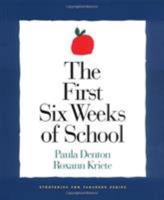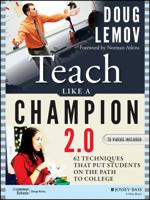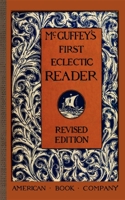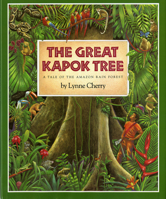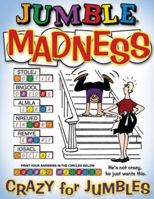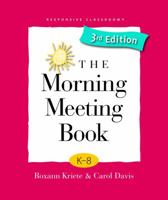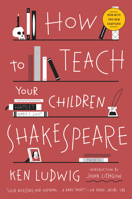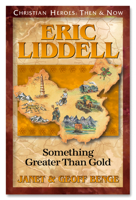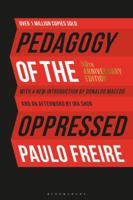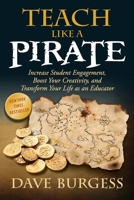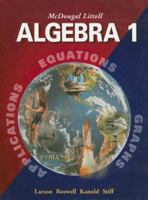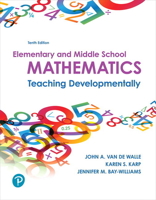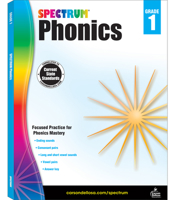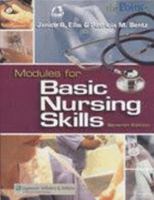Power, Politics, and the Reinvention of Tradition: Tibet in the Seventeenth and Eighteenth Centuries (Proceedings of the Tenth Seminar of the IATS, 2003, 3)
Select Format
Select Condition 
You Might Also Enjoy
Book Overview
This volume focuses upon the relationships between the past and the present evoked in Tibetan historiography, ritual literature, and Buddhist esoteric writings. It offers diverse perspectives on a critical period in Tibet's history when Tibetans found themselves caught up in the tides of political turmoil and forced into the center of a much larger Central Eurasian struggle for power and territorial control between the Manchu rulers of the Qing empire and the Mongols of the north. The volume highlights the various ways Tibetan historians, biographers, and Buddhist scholars during the seventeenth and eighteenth centuries succeeded in the task of reinventing and reinforcing their respective traditions.
Format:Hardcover
Language:English
ISBN:9004153519
ISBN13:9789004153516
Release Date:June 2006
Publisher:Brill
Length:224 Pages
Weight:1.19 lbs.
Dimensions:0.8" x 6.5" x 9.7"
More by Janice Rider Ellis
Customer Reviews
2 customer ratings | 2 reviews
There are currently no reviews. Be the first to review this work.









